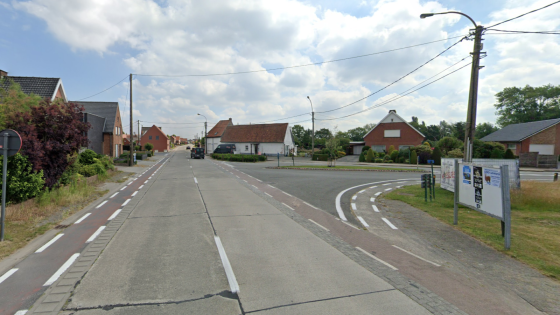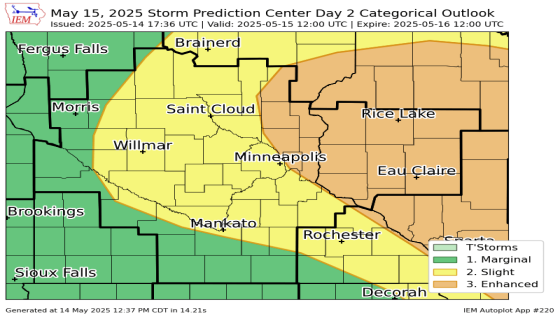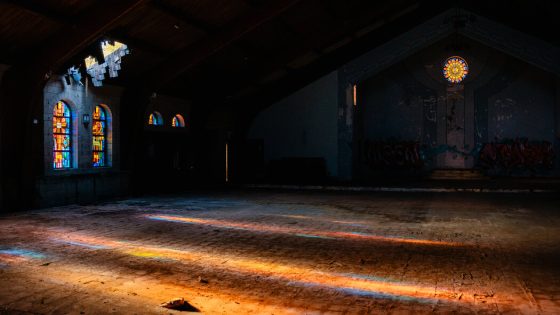The jury in Karen Read’s retrial is considering a partial verdict on two of the three charges she faces, raising questions about the legal implications of their decision. On 2025-06-17 22:08:00, the jury sought clarification on whether they could return a verdict on just two counts if they remained deadlocked on the third.
- Jury seeks partial verdict on two counts.
- Judge cannot answer theoretical jury questions.
- Defense attorney argues for jury clarity.
- Previous trial had similar jury confusion.
- Read faces multiple serious charges.
- Defense claims Read was framed.
Judge Beverly Cannone informed the jury that she could not answer their theoretical question, emphasizing that they should focus solely on their verdict without concern for its consequences. This situation echoes issues from Read’s first trial, where jurors were uncertain about their options.
This development highlights the complexities of jury deliberations in high-stakes cases. Can jurors truly separate their decision-making from the potential consequences? Consider these points:
- The jury’s ability to return a partial verdict could significantly influence the trial’s outcome.
- Legal precedents from Read’s first trial may affect current proceedings.
- Jurors are encouraged to focus solely on the evidence presented.
- Read’s defense argues she was framed, complicating the public’s perception of the case.
As the trial progresses, all eyes will be on the jury’s decision, which could reshape the narrative surrounding Karen Read and the broader implications for similar cases in the future.

































